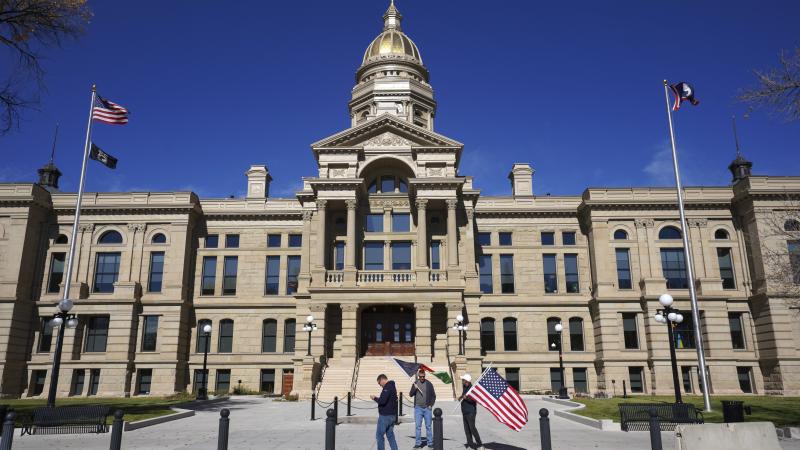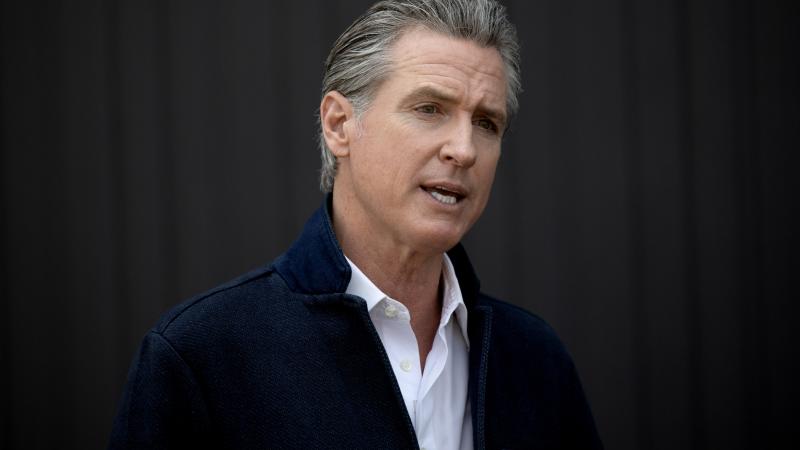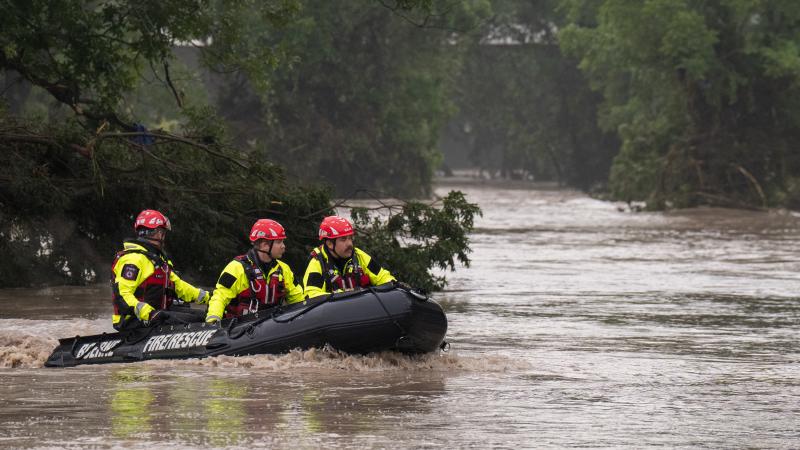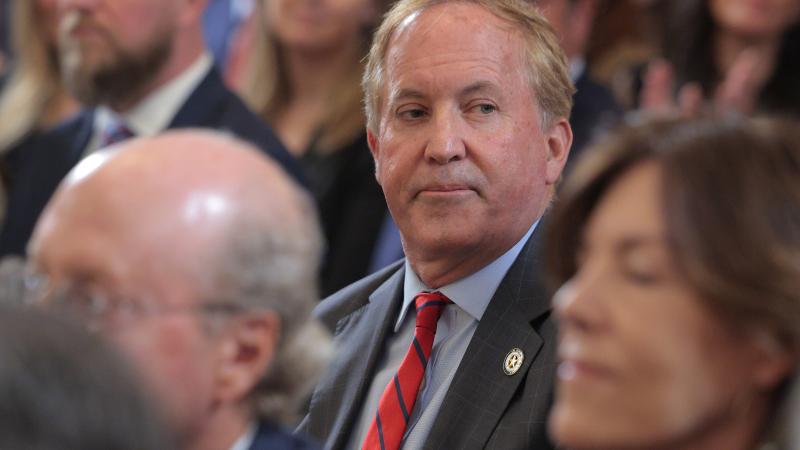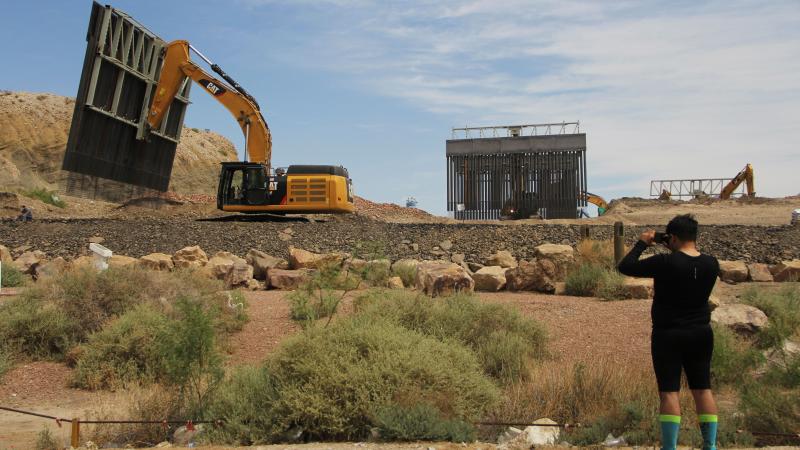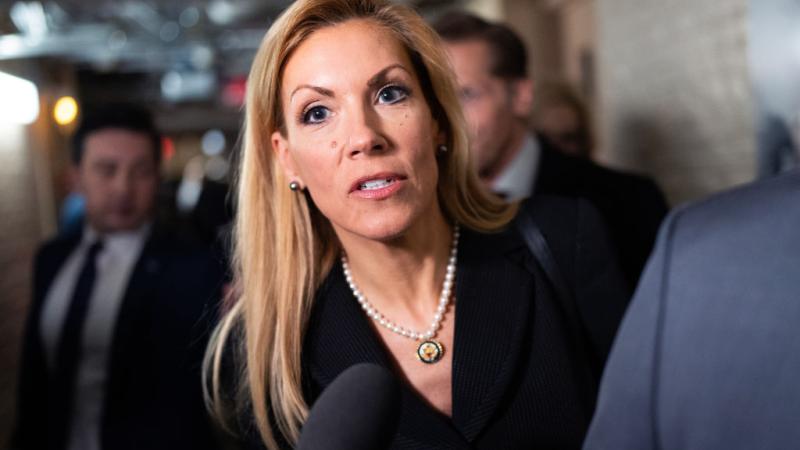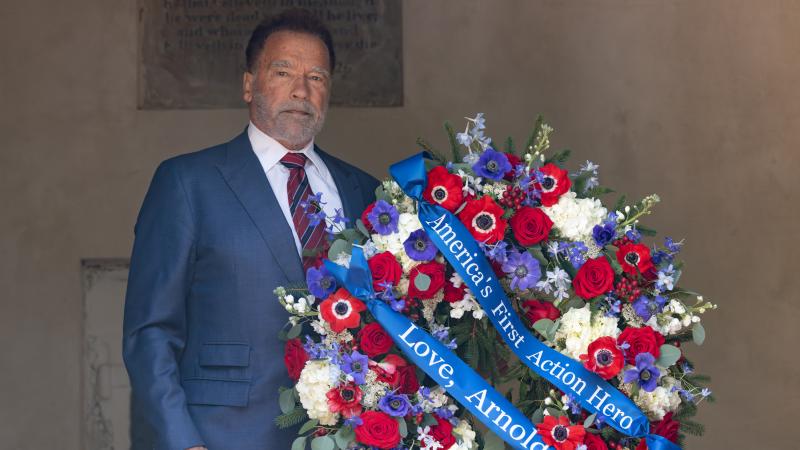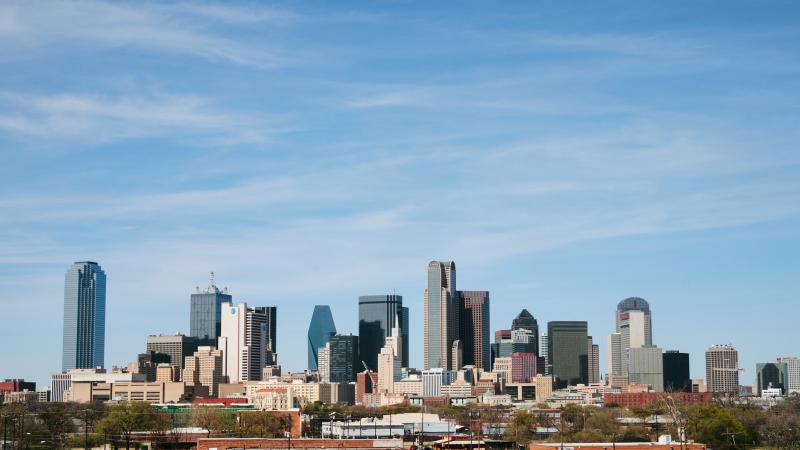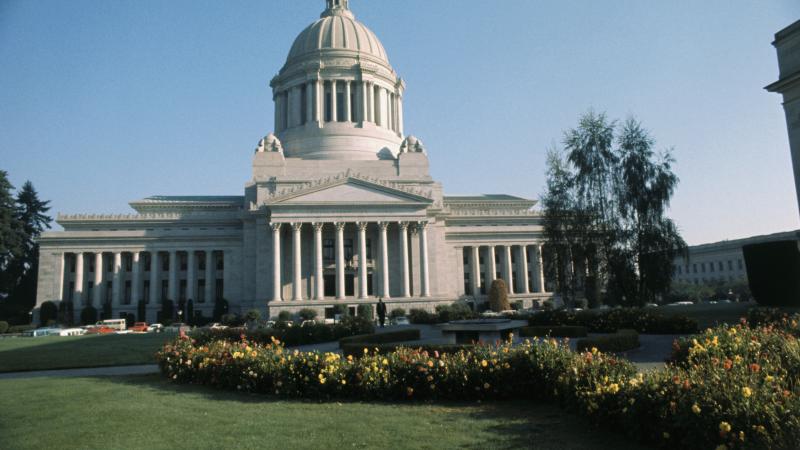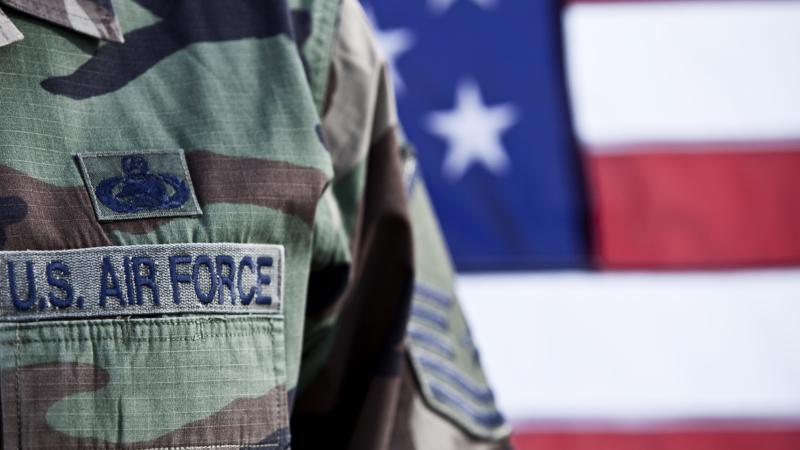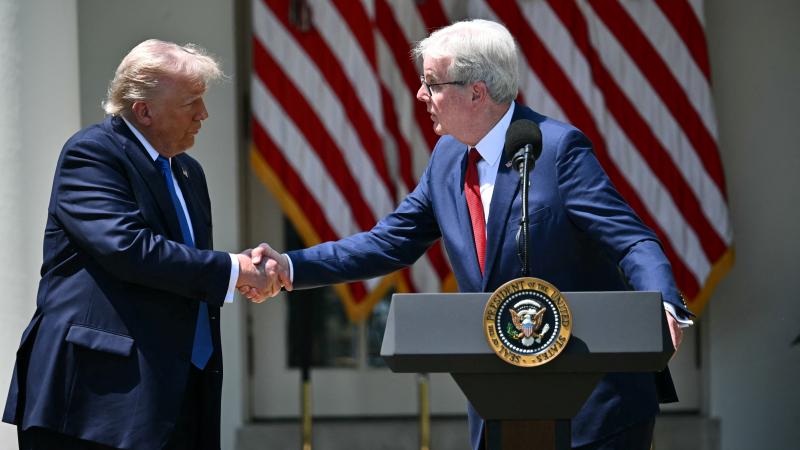Flashback: U.S. once decried an election with expelled observers, absentee boxes and 90% turnout
Though a far cry from America, the 2004 Ukrainian election showcased some behavior that today makes U.S. conservatives distrustful.
Sixteen years before the 2020 presidential contest in America, the U.S. government decried as corrupt an earlier election where special voting boxes were created to help citizens vote from home, election observers were expelled from vote counts, pre-election polls were wildly off, and voter turnout in certain communities exceeded 90%.
The 2004 presidential election in Ukraine saw suspiciously high turnout rates that "even Stalinist North Korea would envy," the State Department declared in 2004 after an election in the former Soviet republic infuriated the administration of President George W. Bush.
The famously and endemically corrupt Ukraine under then-Prime Minister Viktor Yanukovych is, of course, a far cry from the United States when it comes to election integrity. But the story of that Ukrainian election as recounted by then-Ambassador John Tefft to a Senate committee in December 2004 raises a tantalizing question for conservatives distrustful of the Nov. 3 elections here: If tactics and outcomes in the Ukrainian election back then were enough to cry foul, why can't Americans debate similar concerns here?
After all, a record number of Americans were allowed to vote from the comfort of their homes in 2020, GOP election observers have claimed they were kept from observing vote counts, pre-election and exit polls were wildly wrong when compared to actual vote, and there are some city wards and precincts where voter turnout was, well, historically high.
Take, for instance, Wisconsin's largest urban area, Milwaukee County, where more than 90 of the 400-plus wards reported a final turnout of 90% or greater. It may very well turn out to simply be a record of civic engagement.
But back in 2004, the U.S. State Department saw such turnout in any area of Ukraine as preposterous.
"Turnout in the pro-Yanukovych eastern oblasts was unnaturally high," Tefft testified. "In several electoral districts, turnout for the run-off round increased by 30 to 40 percent over the first round. In Luhansk oblast, the reported turnout rate hit nearly 96 percent — a number that, to quote the OSCE, even Stalinist North Korea would envy. A similar turnout rate was reported in Donetsk oblast, where 98 percent of the votes went to hometown candidate Prime Minister Yanukovych."
State officials were also concerned by the high number of Ukrainians who were allowed to cast absentee ballots into special boxes placed outside unmonitored locations, a phenomenon that many communities enabled in America in 2020.
"In the second round of the election, the number of voters who supposedly cast ballots at home using mobile ballot boxes was double that of the first round," Tefft told the senators. "Much of this voting occurred without observers being present and was massively fraudulent. In Mykolayiv oblast, for example, nearly 35 percent of the oblast's voters purportedly cast their ballots at home."
One of the Bush administration's biggest complaints about the Ukraine election of 2004 was that opposition party observers were expelled from ballot-counting locations or left unable to meaningfully observe the count. Many Republican vote observers have made similar claims in cities like Philadelphia in the recent U.S. election.
"Observers from Our Ukraine and other opposition groups were expelled from most polling stations in eastern Ukraine on Election Day," Tefft recounted at the time. "For example, in Territorial Election Commission (TEC) district number 42 in Donetsk oblast, Our Ukraine observers were kicked out of all but a few polling stations."
Finally, State Department officials raised concerns that the final votes counted in Ukraine were far different than the pre-election and exit polls, which had predicted a different outcome than a Yanukovych victory. That too mirrors the Americans election, where President Trump outperformed by a statistically significant margin nearly all the pre-election polls, including one by ABC News and The Washington Post that showed him down 17 points in a Wisconsin race he lost by just 20,000 votes, or less than 1%.
The 2004 Ukrainian election also featured some misconduct far beyond anything proven or even alleged in the Nov. 3 election here, including allegations that election computers were hacked to change vote totals and eyewitness accounts of election workers with their "pockets stuffed with blank absentee ballots that they were using to vote at multiple polling stations."
Again, Ukraine ranks far below the U.S. when it comes to election integrity. But Tefft's testimony nonetheless raises an important point: Should the greatest democracy of America share any of the shamed attributes of a Ukrainian election? The answer for most Americans is probably a resounding "No."
The fact that Trump supporters have documented some Ukrainian-like behaviors — only to have news media dismiss the concerns as conspiracy theories — is why a Just the News poll this week showed fewer than half of Americans are ready to accept Joe Biden as president if electors declare him so.
Such perceptions influence realities. And it is why some famous conservatives like Fox News host Tucker Carlson are asking what the harm is in taking a few days or weeks to address the concerns shared by a large segment of American society about the 2020 U.S. election.
"As of tonight, tens of millions of Americans suspect this election was stolen from them," Carlson said. "That means we now live in a country where a large percentage of our population no longer believes that our democracy is real. That is sad."He added: "In a democracy, you cannot ignore honest questions from citizens. You're not allowed. You can't dismiss them out of hand as crazy or immoral for asking. You can't just cut away from coverage you don't like. You can't simply tell people to accept an outcome, because force doesn't work in a democracy."


